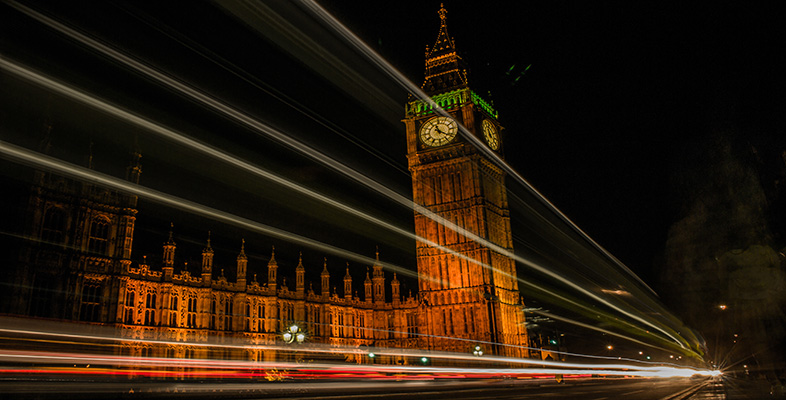1.2 The ordinary
Few would disagree that most of the events listed in Section 1.1 have had significant direct or indirect impacts on our lives, and hence constitute important political events. For instance:
- the terrorist attacks of 9/11 not only resulted in two major wars – in Iraq and Afghanistan – but also, by precipitating increased security in air travel, irrevocably changed the way we fly
- the civil rights movement in the US, or other ongoing struggles for racial equality, may not have affected you directly – some of you may not even have been born when they were taking place – but have had profound and lasting effects on both US politics and society, and further afield.
However, politics is also much more ordinary – and the more ordinary, perhaps even mundane politics of everyday life can affect us as profoundly as the extraordinary. Politics influences our everyday lives in countless ways, and as you will see more clearly later in the course, we ourselves often engage in politics, perhaps without even realising that we are acting politically. What is more, some seemingly ordinary events can acquire extraordinary political significance.
Activity 2
Take a few minutes to think through your typical daily routine. In the box below, jot down some ideas in response to the following:
How does politics impinge on your daily routine? How do ordinary, day-to-day political decisions affect your routine?
Discussion
Undoubtedly, all of us have very different daily routines. Yet politics and political decisions affect multiple aspects of all our lives, from the moment we get up in the morning to the moment we go to sleep at night (quite literally, as the implementation of daylight saving time is itself a political and economic decision, and not an entirely uncontroversial one).
Whether we choose to drive a car to work or take public transport might be influenced by a whole host of political decisions, including:
- the cost of fuel (often influenced by the political situation in oil-producing regions such as the Persian Gulf)
- the amount of tax the government imposes on fuel (making driving more or less affordable)
- the amount of public money invested in public transport, making it more or less efficient, convenient and affordable to use
- our own decision to take public transport or use a car pool, perhaps because we are conscious of the environmental damage caused by car emissions.
The amount of tax we pay on our income and the goods we purchase, and the amount and kinds of public services we get in return for our taxes (rubbish collection, roads, parks, hospitals, etc.), are all outcomes of political debates and decisions.
For those of us who are parents, the kinds of schools our children go to, their class sizes and what they are taught there, are all outcomes of political processes. For example, some politicians call for a stronger focus on traditional values and national history, while others advocate the inclusion of social diversity in school curriculums. Thus, as someone aptly points out in the video you will watch in the next section, politics is with us ‘from the cradle to the grave’.
